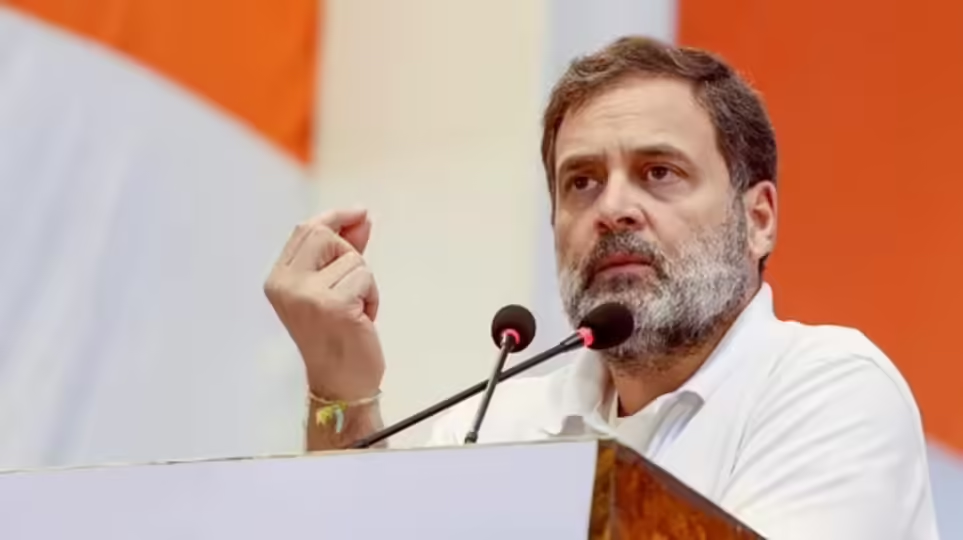Complainant Testifies Against Rahul Gandhi in Defamation Case
Tue, 11 Feb 2025

The defamation case against Congress leader Rahul Gandhi has reached a pivotal juncture. Rajesh Mahadev Kunte, a local activist associated with the Rashtriya Swayamsevak Sangh (RSS), recently provided his deposition before the court, marking a crucial moment in the ongoing legal proceedings. The origins of this case trace back to a speech delivered by Gandhi in 2014 in Bhiwandi, Maharashtra. During this address, Gandhi allegedly implicated the RSS in the assassination of Mahatma Gandhi, stating, "The RSS people killed Gandhiji." Kunte, asserting that these remarks were defamatory and tarnished the reputation of the RSS, filed a legal complaint, leading to the initiation of the defamation case. Over the years, the case has witnessed numerous legal maneuvers and procedural developments. In 2018, a court in Thane framed charges against Gandhi, to which he pleaded not guilty. The proceedings have been marked by delays, with the Bombay High Court at one point criticizing Kunte for causing unnecessary postponements, emphasizing Gandhi's right to a speedy trial. In a recent hearing, Kunte appeared before the court to present his testimony against Gandhi. The specifics of his deposition remain under judicial consideration, but this move signifies a progression in the trial, bringing it closer to a potential resolution. The court has scheduled subsequent hearings to further deliberate on the evidence and arguments presented by both parties. As the legal process unfolds, the case continues to attract attention, given its implications for political discourse and the boundaries of free expression in India. Observers and legal experts are keenly monitoring the proceedings, recognizing the case's potential to set significant precedents in defamation law and its intersection with political speech. The outcome may have lasting impacts on how public figures engage in discourse and the legal recourses available to individuals or organizations that perceive themselves as defamed. As the trial progresses, it underscores the delicate balance between safeguarding an individual's right to free speech and protecting entities from defamatory statements. The judiciary's role in navigating this balance remains crucial, with the potential to influence the contours of permissible speech in India's democratic framework. The legal community and the public await the court's decisions in the forthcoming sessions, anticipating clarity on the issues at hand and the broader implications for political expression in the country.
